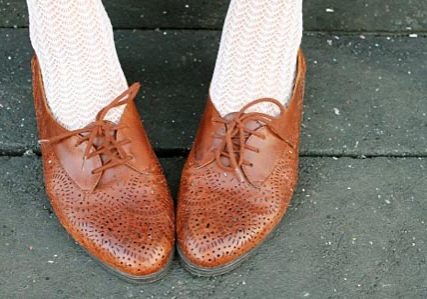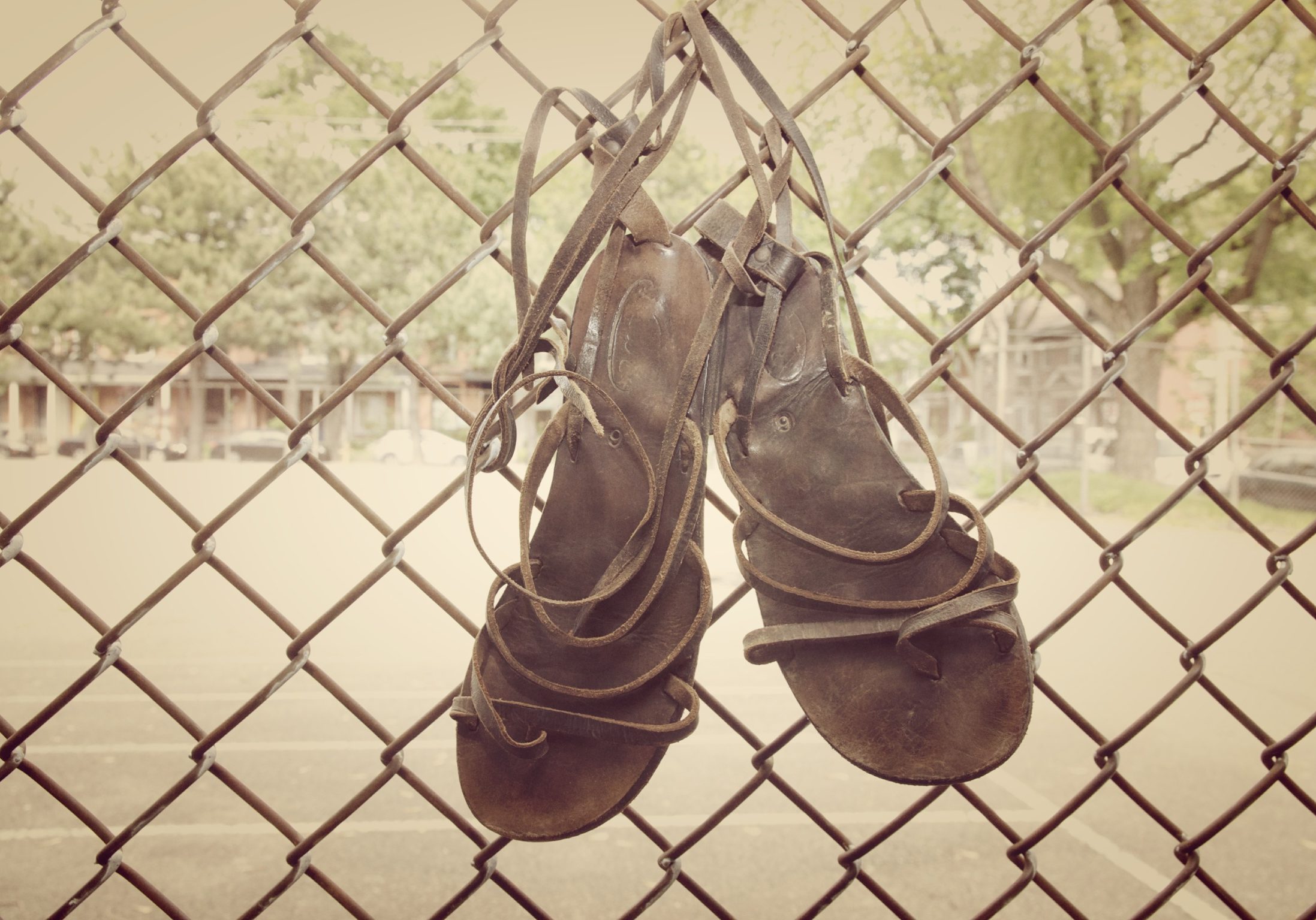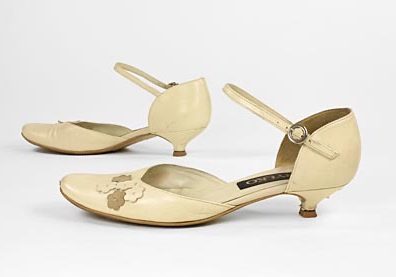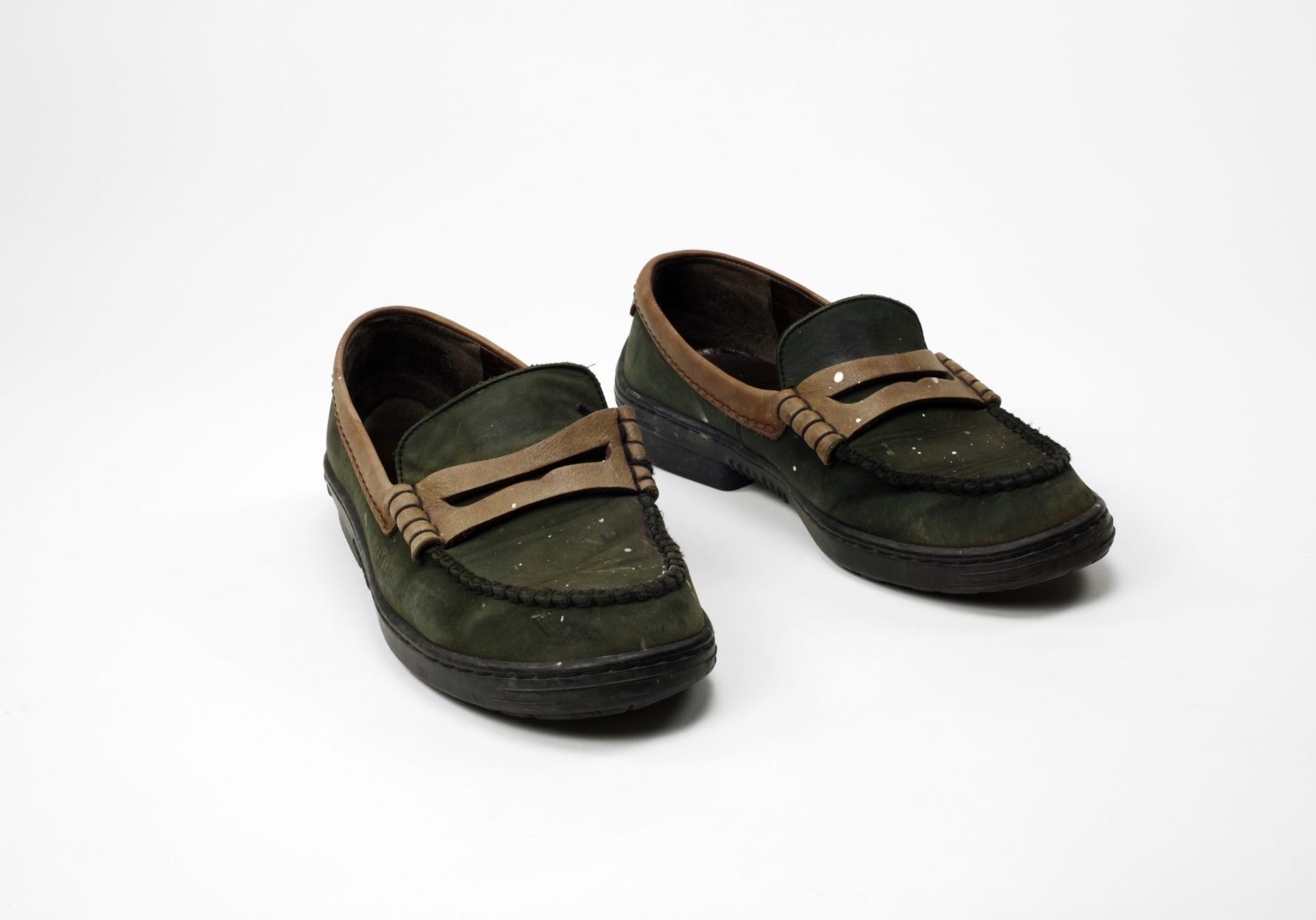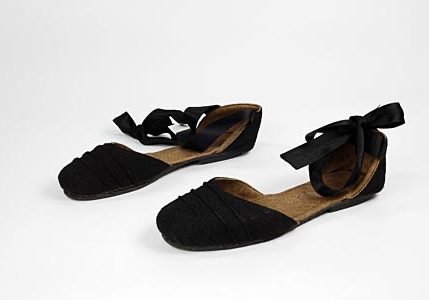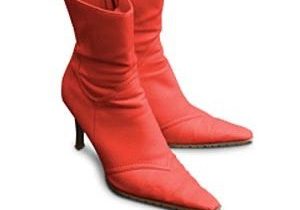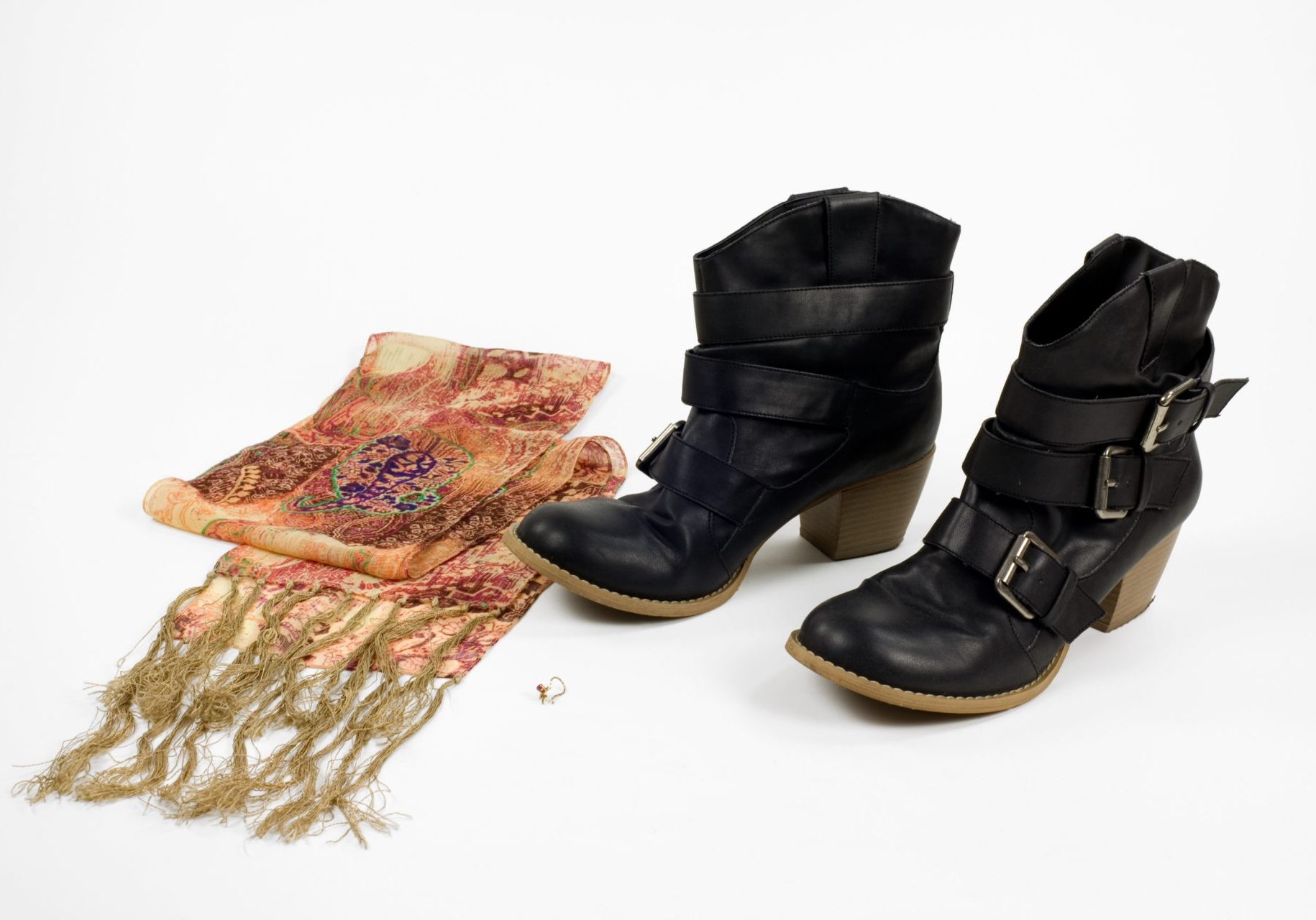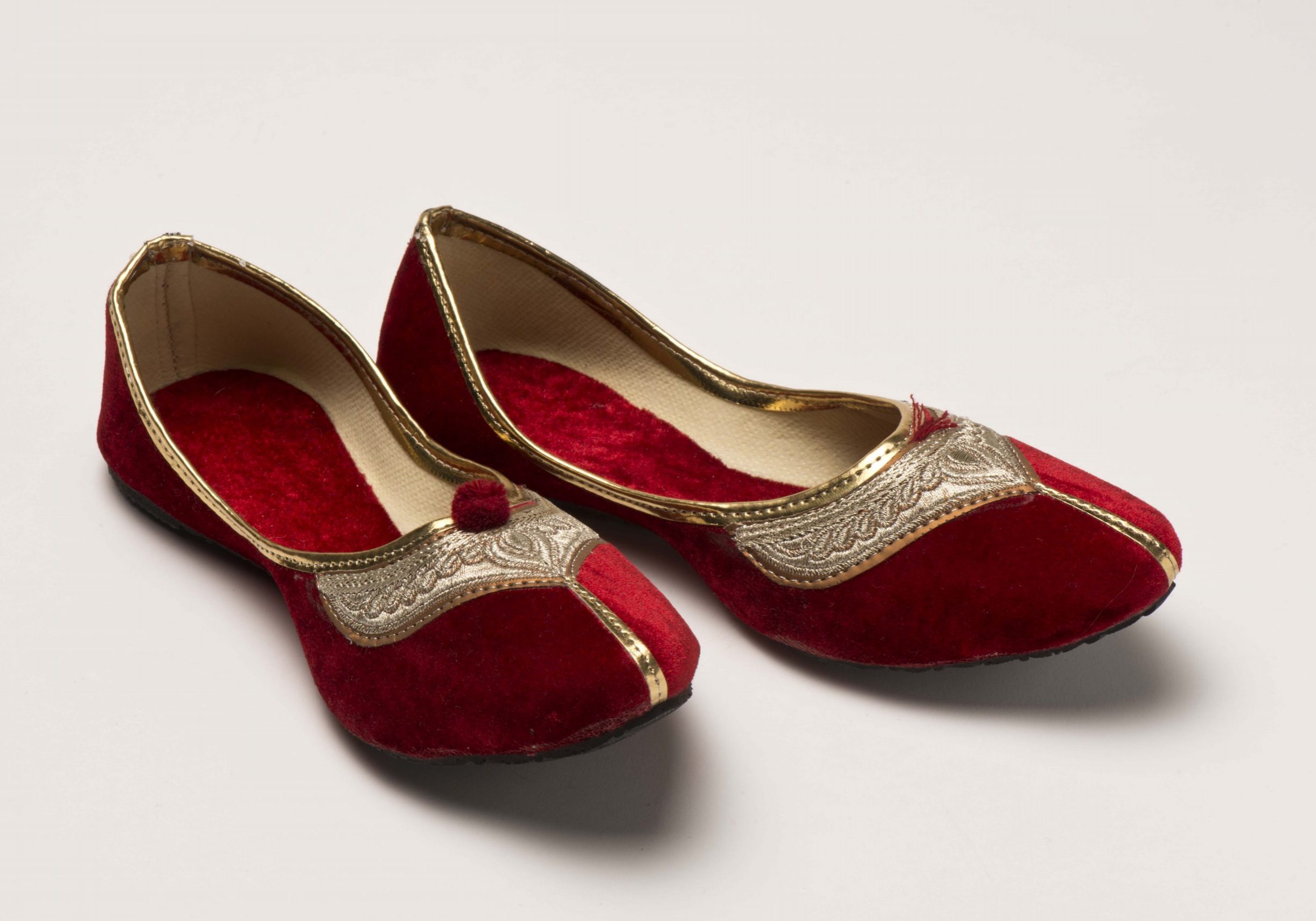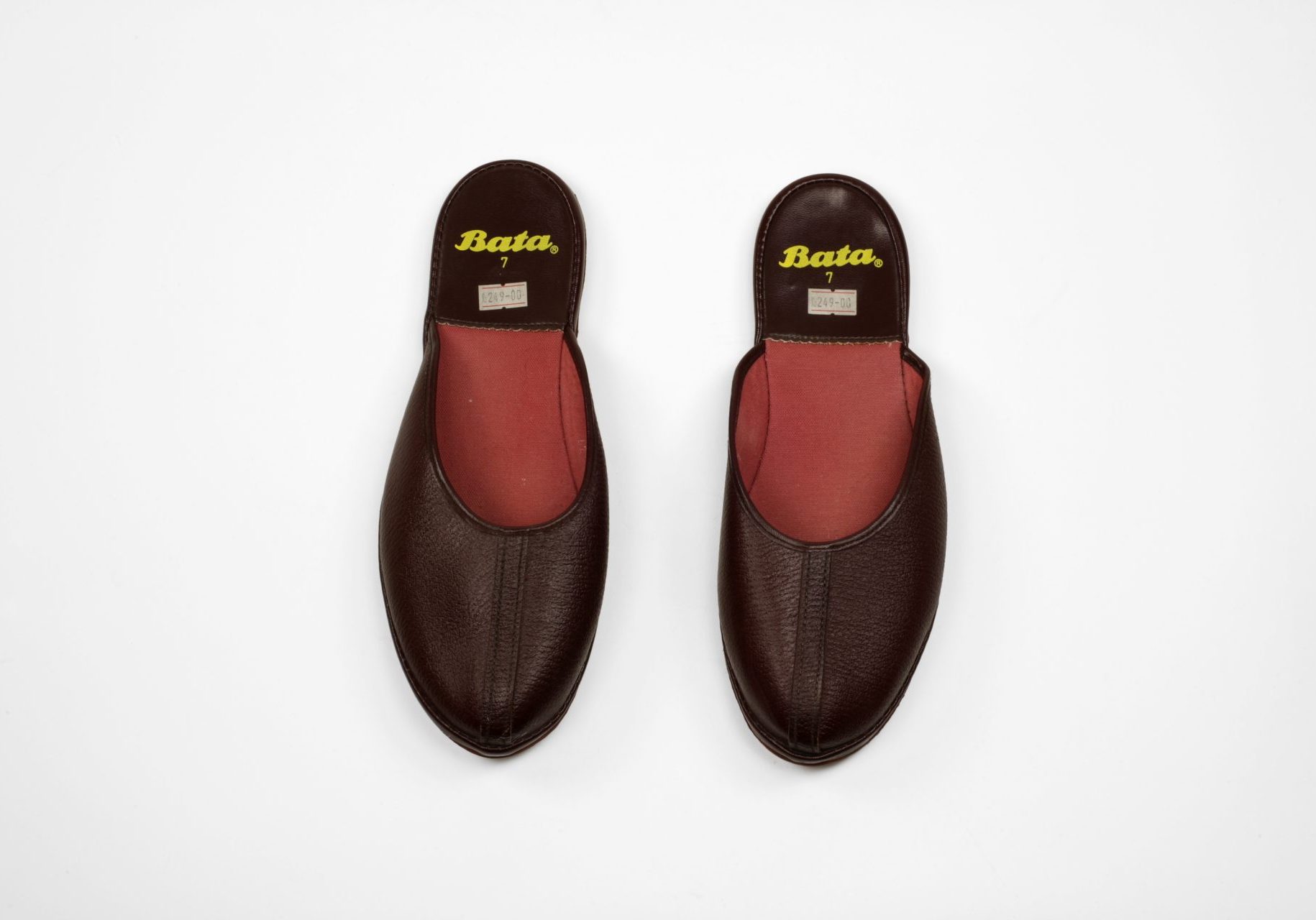Walking
Yoko Morgenstern
Summary:
We tell our immigration stories. Yeah, we worked hard. Got a car and a house and OHIP for the family. We threw our children in daycare, children who knew no English and we said to ourselves, kids will be fine. But is that true? During recess at school, my son had no friends to play with. “So, I walk,” he said. In the schoolyard among basketball players and beyblade fighters, I saw my son walk. Walk walk walk, staring down at his toes. Who’s going to tell his immigration story?
Story:
When we came to Canada in 2008, our children were 4 and 2. Of course, they didn’t know a single English word. A lot of people told us that kids would get the language quickly. That kids would be fine; kids would come through. How silly, how thoughtless I was to believe such a myth.
We threw our children in daycare.
My younger son was outgoing, but Kai was an introvert, ‘though he was good at languages. He started to pick up some words. He stayed in daycare for four months and then moved on to senior kindergarten at a public school in Oakville.
At recess, Kai had no friends to play with. “So, I walk,” he said. “I walk and walk and walk for ten long minutes.”
On the schoolyard among basketball players and Beyblade fighters, I saw him.
Walk walk walk, staring down at his toes.
It was January 3rd, 2010. In Grade 1, my son was supposed to go back to school the next day, and I start my internship at a prestigious publisher in Toronto. At 38, I felt I was too old, but that was what newcomers had to go through.
Kai was grumpy the whole day. In the evening, he started to weep and said, “I don’t want to go to school tomorrow.”
I knew what he felt. I heaved him up in my arms and went away from my other son and my husband. I sat on a sectional in a darker room, Kai on my lap. He stared at my face. His face was still wet.
“Are you afraid of school because you have to speak English again?”
He blinked. “Yes.”
“You know, I’m afraid of going to work tomorrow too. They may not understand my English.” My eyes welled.
“You, afraid?” His face faintly lit up, half amazedly, half dubiously. I knew how heroic parents would seem to young children. Afraid and parents didn’t match.
“Yes, I’m afraid,” I said. “But I’ll do my best. Would you also go to school tomorrow and do your best?”
He thought for a while and nodded.
Three exciting working months passed, and I went back to the playground. Our playground was right beside the schoolyard and the parking lot, where most kids and moms would dawdle after school. I never liked being there. The playground politics seemed too much to me. I didn’t feel like being social in my second language either. I usually read while waiting.
One sunny day I was reading, as usual, curled up on the lawn. When I looked up, Kai was not there. I looked around. He was nowhere. I hopped up.
Seeing me prowling around, a mom, a stranger to me, said, “Kai went that way,” pointing at the school building.
I scuttled to the school. Another woman stopped me. “Are you looking for Kai?” And so did another. At last, I saw him, together with a woman, walking across the parking lot. The woman waved at me. “You’re Kai’s mom, aren’t you? I found him in the washroom.”
Relieved, I chided him. “You have to tell me when you go away!” And then the three of us walked back to the playground. I didn’t know any of these women, but they all knew that I was Kai’s mother and knew each other. “Oh, you found him?” Another woman yelled at us. I was abashed. All this time, while I was afraid and wussy, slumping over books and shutting down, these women had built up such a caring circle!
The next day I stuffed a basket with cookies and juice boxes and went to the playground. I got to know Cynthia and Linda, and Deepa. There was even a Japanese mom, Mayumi. The picnic went on till summer break and continued in September. In winter, we brought hot chocolate in a thermos and waited for our kids to be done with sledding down the schoolyard slope.
Another summer has come. Kai is now in Grade 2. He glides through the basketball court on rollerblades with James and Brennan. He’s not looking down at his shoes. The boys come to me, hand in hand, and press me for a playdate. “Everyone in my class loves me,” says Kai. “Everyone loves me.”
YOKO MORGENSTERN is originally from Tokyo. Her short stories have appeared in various journals, such as Great Lakes Review, The Montreal Review, Flash Fiction Online, and untethered. Her unpublished short story collection has been among the 2019 finalists for Eyelands Book Awards, Greece.
Yoko is a columnist at Newsweek Japan since 2017. She is the author of two books in Japan and the United States. Her Japanese translation of The Ghost Brush by Katherine Govier was long-listed for the Japan Translation Award in 2015. Currently, she lives in Nuremberg, Germany.
